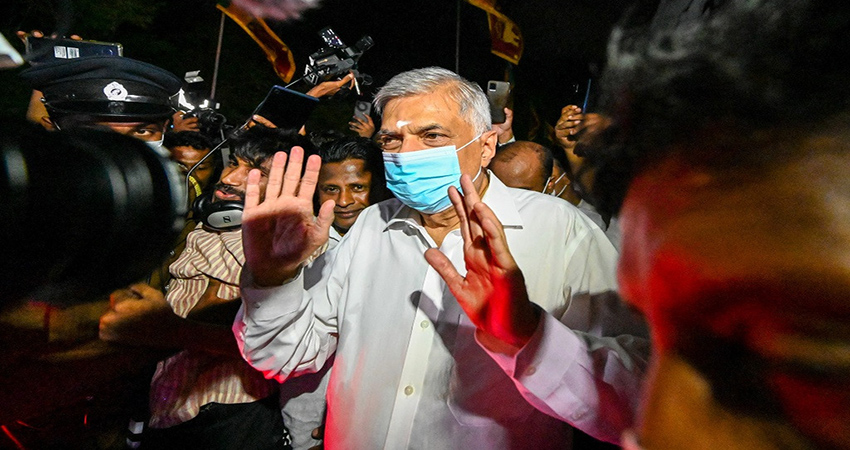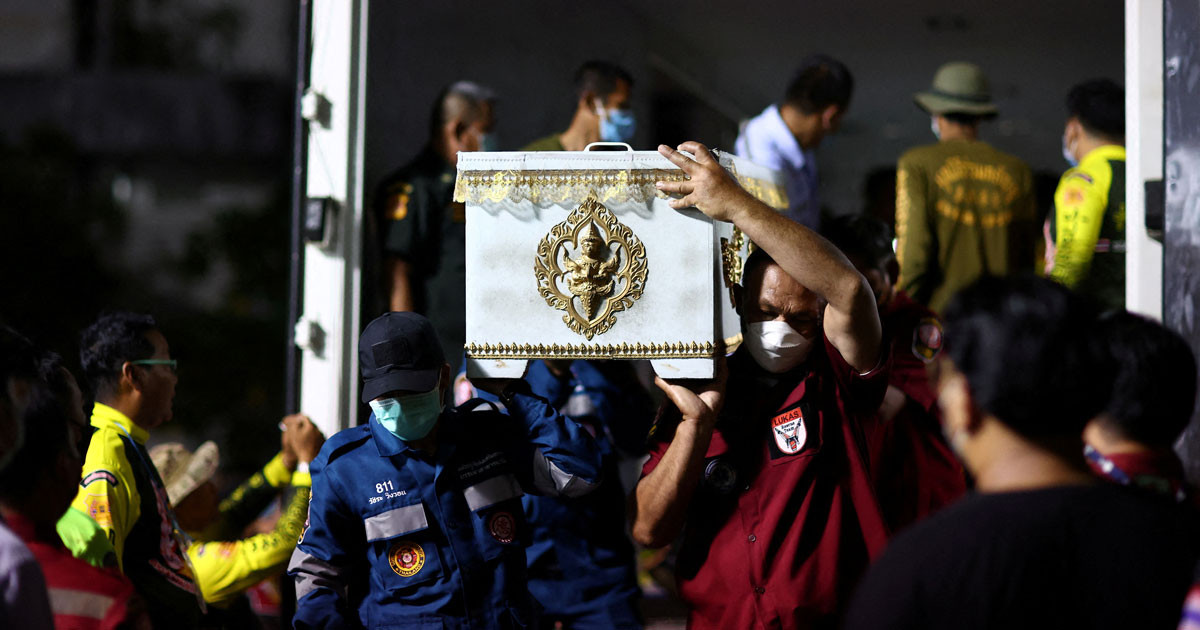Sri Lankan President Gotabaya Rajapaksa has authorised the prime minister to carry out presidential duties, the speaker of parliament said on Wednesday after the president fled to the Maldives amid protests.
Speaker Mahinda Yapa Abeywardena said Rajapaksa notified him of the change.
Protest leaders, however, say the prime minister is allied to the Rajapaksas and have warned of a "decisive fight" if he does not resign by Wednesday afternoon.
"If we don't hear of the resignation of the president and the prime minister by the evening, we may have to gather back and take over parliament or another government building," said Buddhi Prabodha Karunaratne, one of the organisers of recent protests.
"We are strongly against the Gota-Ranil government. Both have to go."
Police imposed an indefinite curfew across the Western Province, which includes Colombo, "to contain the situation", a senior police officer said.
Prime Minister Ranil Wickremesinghe has himself announced his willingness to resign if consensus is reached on forming a unity government.
If Wickremesinghe resigns, the speaker will be the acting president until a new president is elected, as per the constitution.
After President Gotabaya Rajapaksa fled the country on Wednesday, hours before he was due to step down, Prime Minister Ranil Wickremesinghe declared a state of emergency as several hundred people surrounded his office in Colombo trying to breach the compound past police in riot gear, climbing the fences.
"The prime minister as acting president has declared a state of emergency (countrywide) and imposed a curfew in the western province," Wickremesinghe's media secretary, Dinouk Colombage, told Reuters. Western Province includes Colombo.
Protests against the economic crisis have simmered for months and came to a head last weekend when hundreds of thousands of people took over key government buildings in Colombo, blaming the Rajapaksas and their allies for runaway inflation, corruption and a severe lack of fuel and medicines.



















